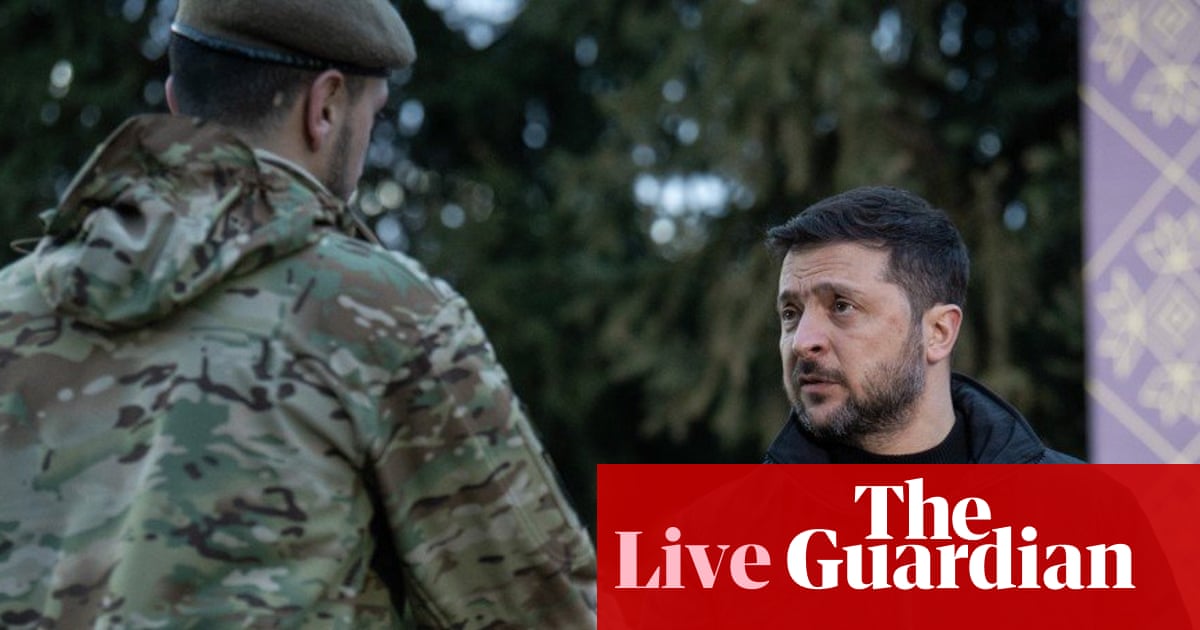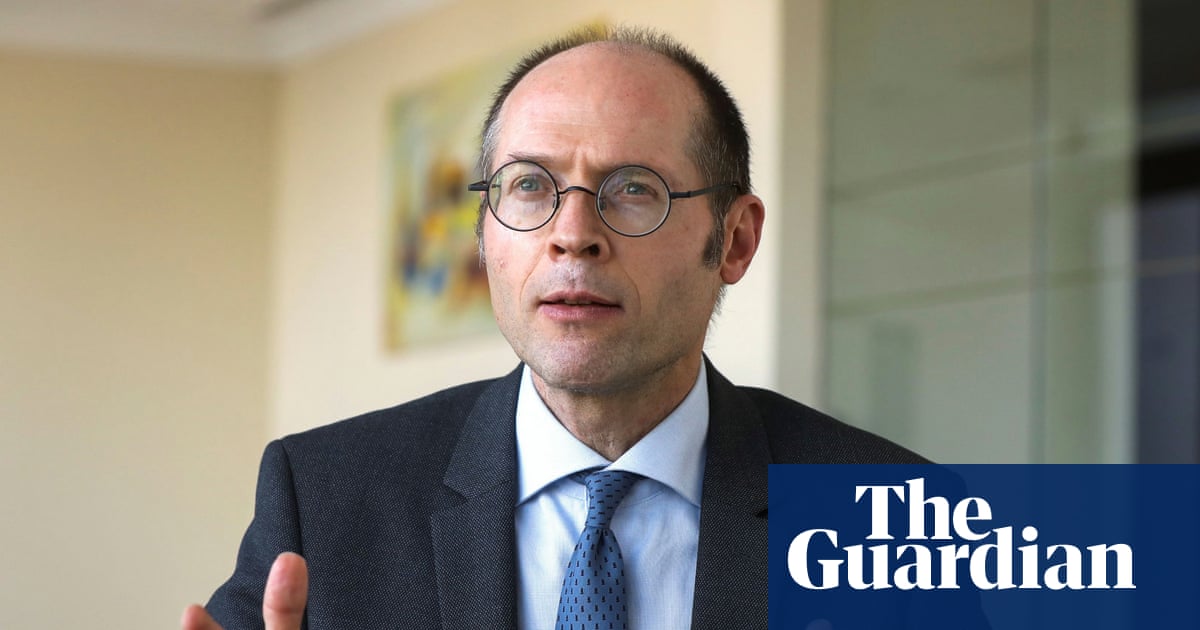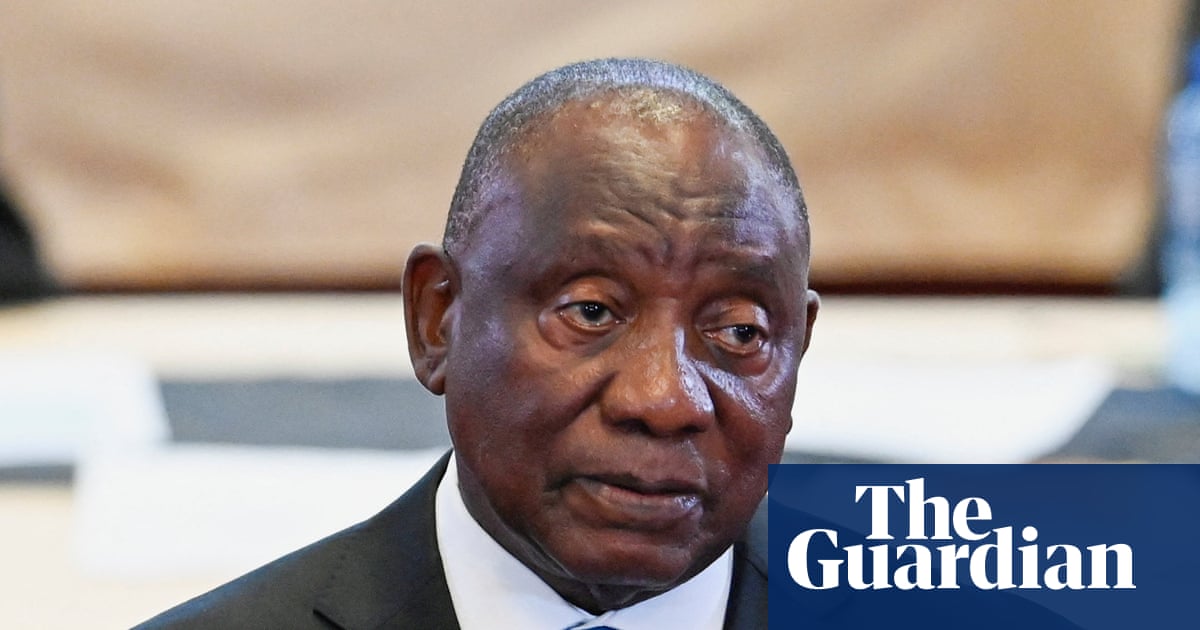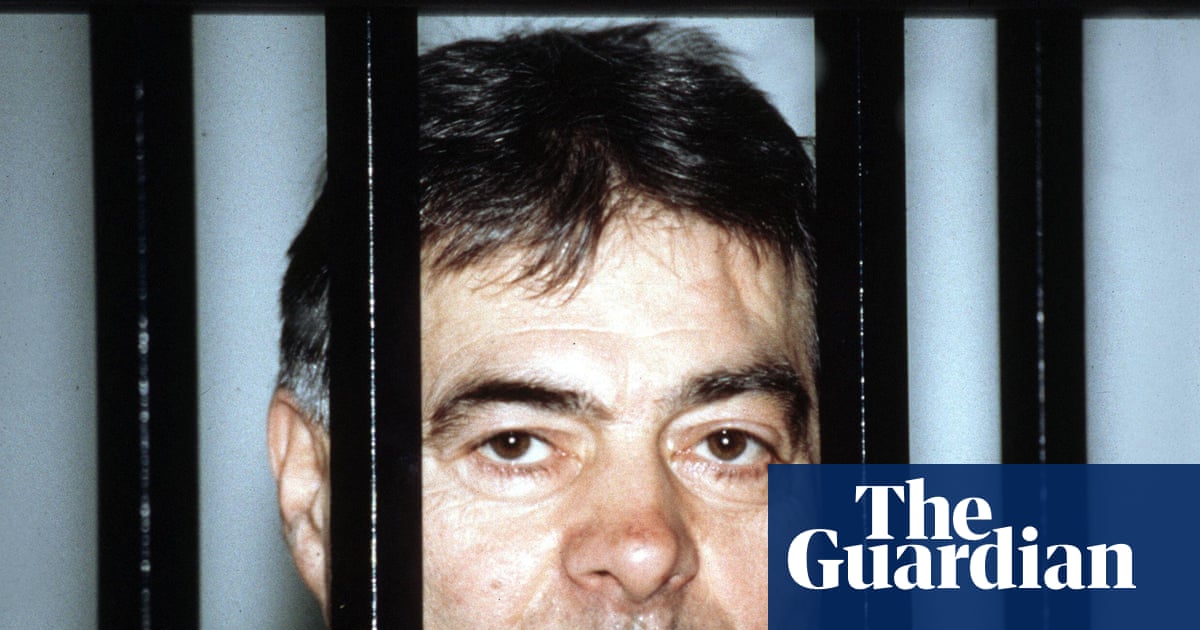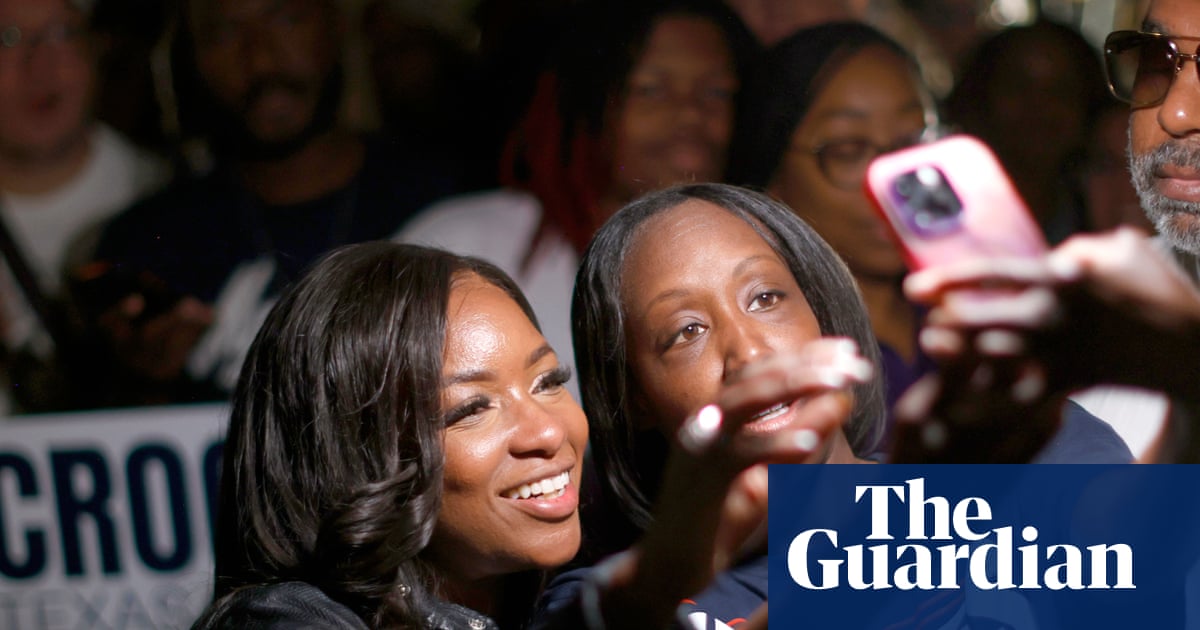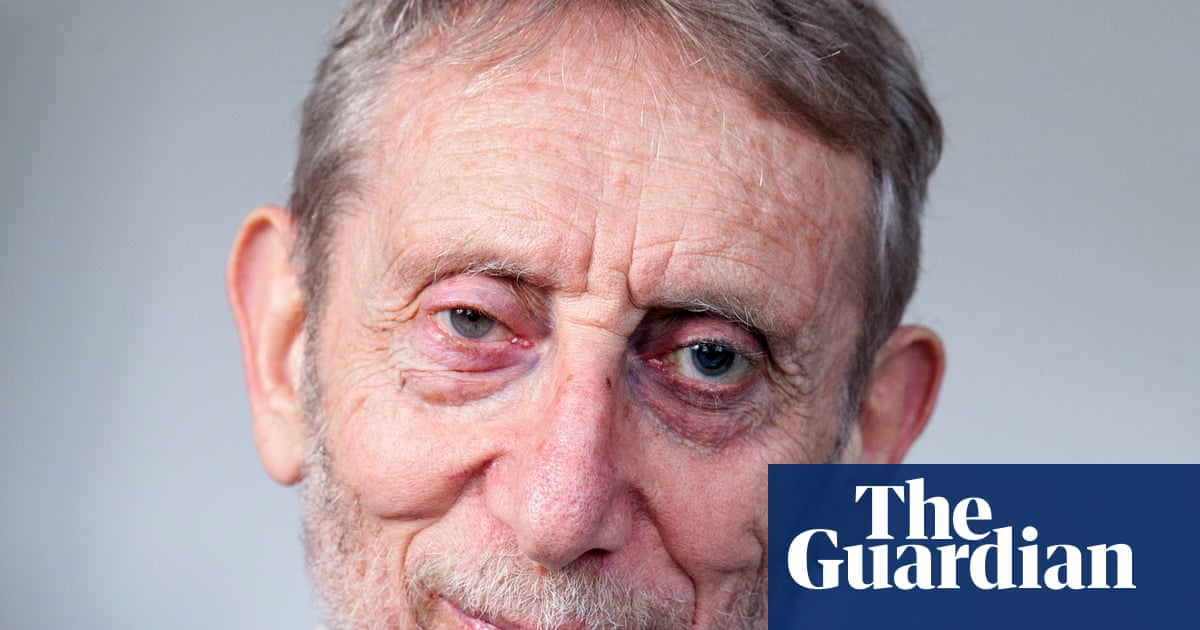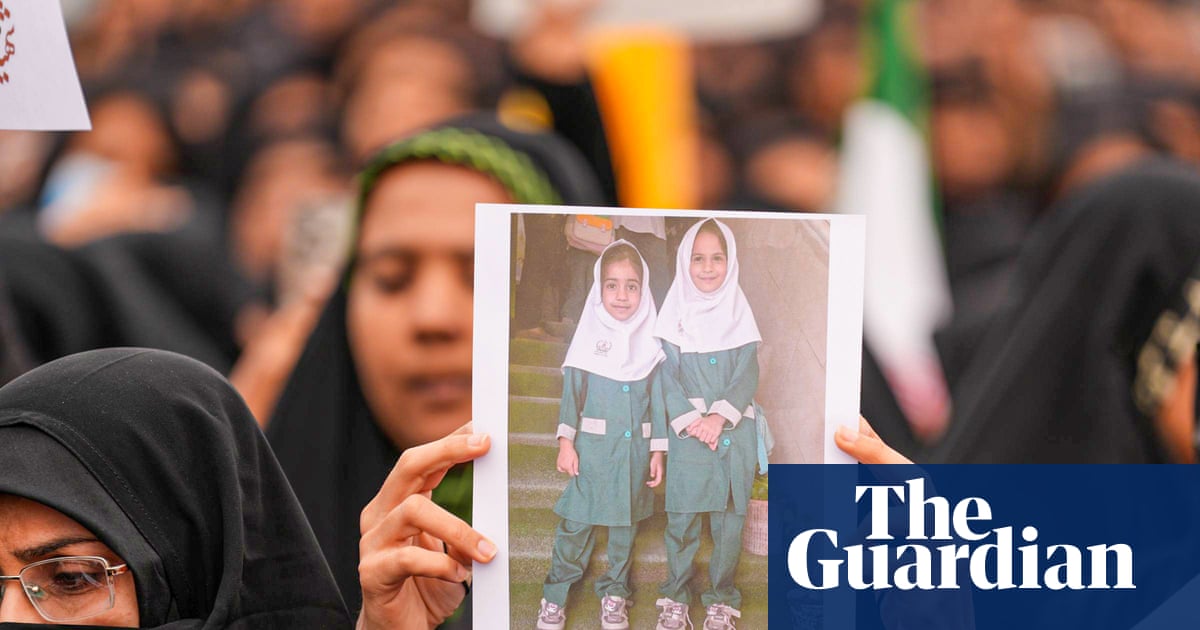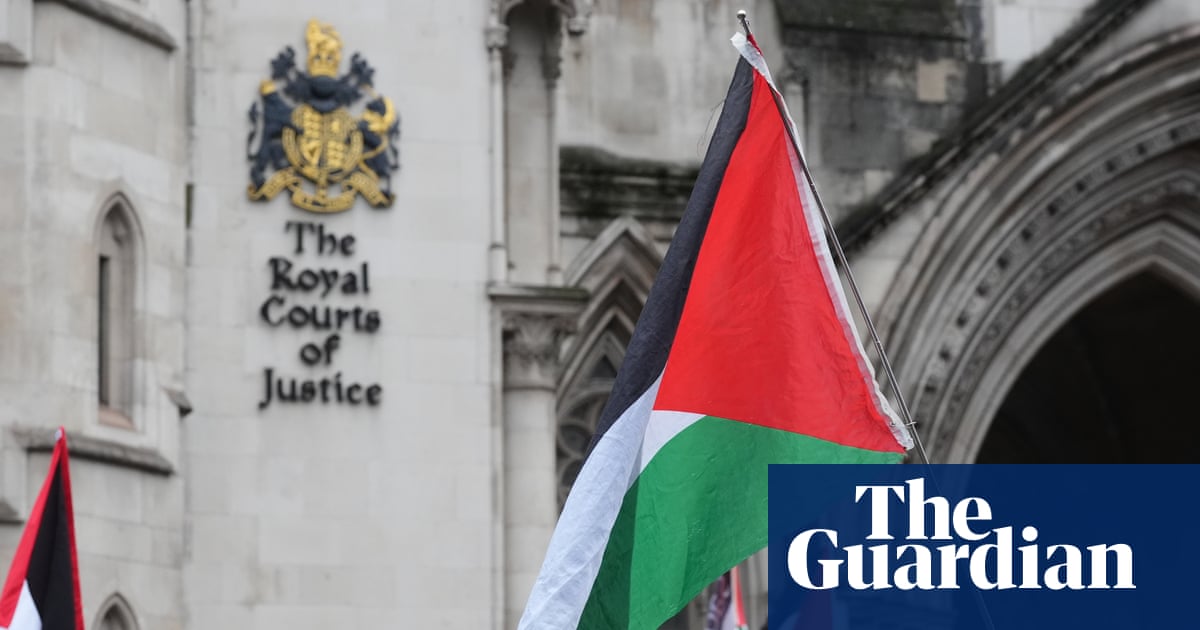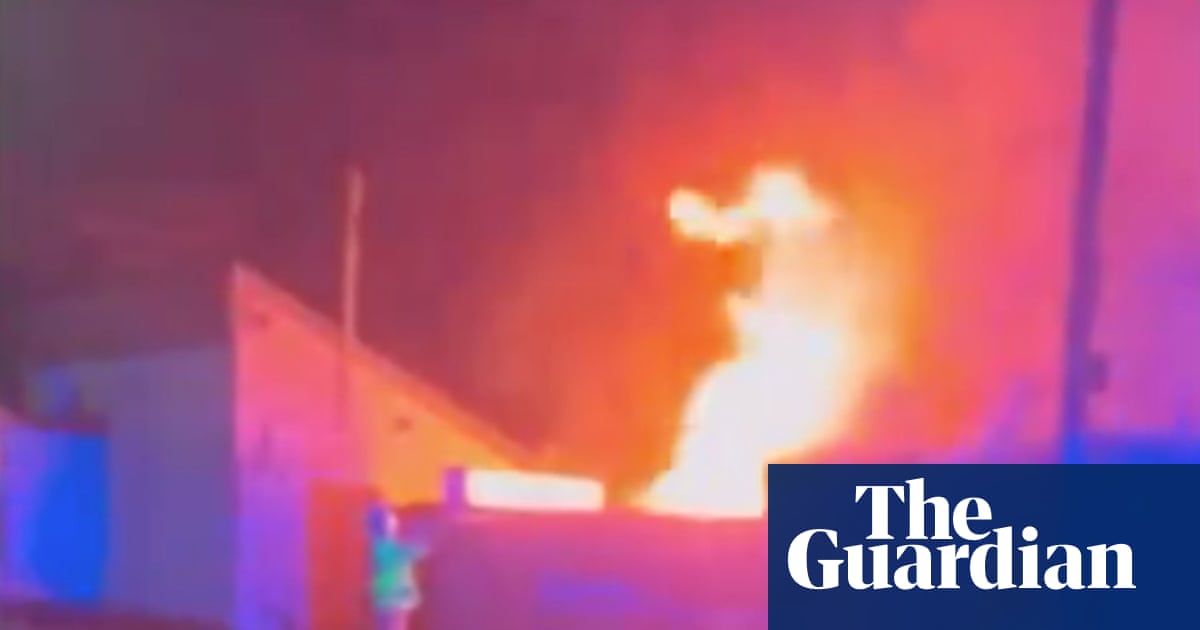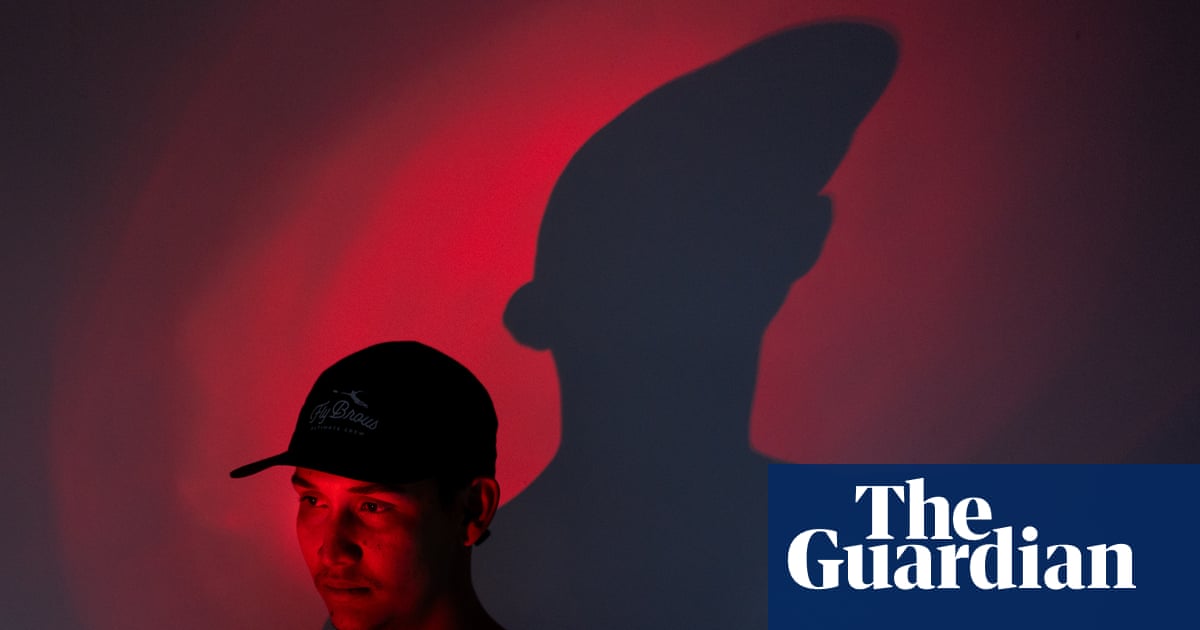Attacks on mosques in the UK have soared in recent months, the government’s Islamophobia monitoring partner has said, with more than 40% of incidents featuring British or English flags and Christian nationalist symbols or slogans.
In the past three months, a mosque was set alight in East Sussex; in Merseyside the windows of a mosque were shot with an air gun while children were inside; in Greater Manchester, a paving slab was thrown at a window; and in Glasgow, a window was smashed with a metal pole.
Data compiled by the British Muslim Trust (BMT) shows that between July and October, 25 mosques across Britain were targeted in 27 attacks – more than a quarter of which were violent or destructive. Other incidents included graffiti and the affixing of crosses and flags. Three mosques were targeted repeatedly.
The BMT said 40% of incidents included the use of British and English flags or symbols and slogans including “Christ is king” and “Jesus is king” in a Christian nationalist context, reflecting how the hard right had attempted to weaponise Christian symbolism and idioms.
In January, before the period examined in the data, there were seven attacks in London followed by a period of relative calm. Incidents across the country escalated in the summer – from one in July to eight in August, rising to nine in September and a further nine in October, the BMT said.
The BMT was appointed by the government in July to track and respond to anti-Muslim hatred across the UK. Its report, A Summer of Division, has been seen by the Guardian.
August marked a clear shift, with incidents evolving from “single acts of vandalism to coordinated symbolic intimidation and violent attacks – and repeat targeting, signalling a sustained increase in both scale and intent”, the report says.
“While some framed this summer’s Raise the Colours campaign and the Unite the Kingdom rally as a call for national unity, this briefing confirms that, in practice, the two coincided with a wave of incidents in which the flag itself became an instrument of ethnonationalist intimidation to drive division.”
The BMT said while the data could not establish direct causation, “the temporal correlation between these public mobilisations and the spike in mosque-targeted incidents is striking. It suggests that mainstream visibility of nationalist campaigns helped normalise or embolden anti-Muslim behaviour in local contexts”.
The BMT is calling for UK statutory authorities to develop “rapid response” and security protocols for mosques, and to streamline the application process for security funding, as well as community cohesion education to emphasise mosques’ roles as “civic anchors”.
after newsletter promotion
The report says victims of anti-Muslim hate crimes consistently reported limited follow-up from police and online platforms, fuelling a perception that anti-Muslim hatred is tolerated or minimised.
The BMT chief executive, Akeela Ahmed, said: “The evidence from this summer is incontrovertible: anti-Muslim hate in Britain is rising in both visibility and severity – and mosques are being targeted on a staggering scale.
“This report must be a wake-up call – something has changed for the worse and, as a country, we need to put it right.”
The Department for Communities and the Home Office have been approached for comment.

 3 months ago
93
3 months ago
93
